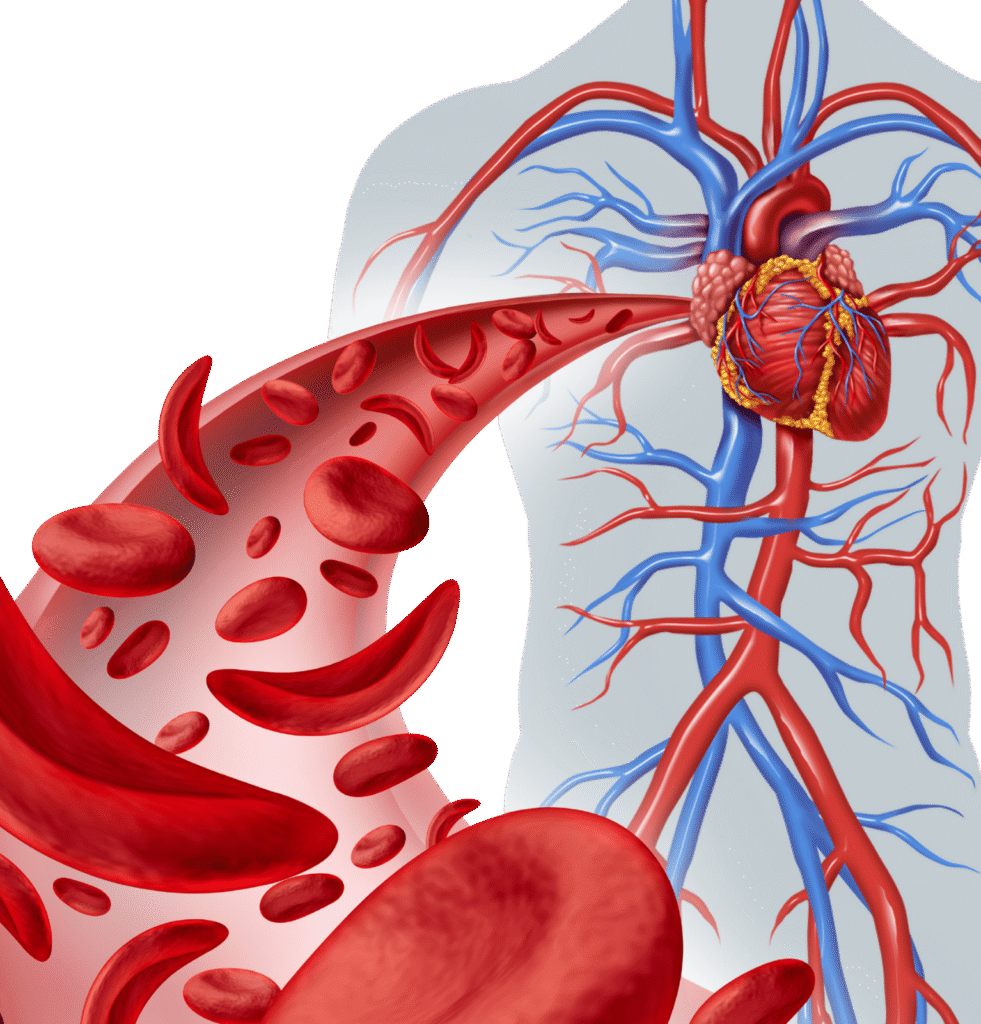Endocrine Disorders
"Endocrine disorders" are conditions that affect the endocrine system, which is a network of glands that produce and release hormones. Hormones are chemical messengers that regulate nearly every process in the body, including metabolism, growth and development, reproduction, sleep, mood, and stress response.
Key Components of the Endocrine System
The major endocrine glands include:
Hypothalamus
Connects the nervous and endocrine systems.
Pituitary Gland
Often called the "master gland," it controls other endocrine glands.
Thyroid Gland
Produces thyroid hormones (T3, T4) that regulate metabolism.
Parathyroid Glands
Regulate calcium and phosphorus levels.
Adrenal Glands
Produce cortisol, aldosterone, adrenaline, and sex hormones.
Testes (in males)
Produce testosterone.

Pancreas
Produces insulin and glucagon (regulates blood sugar).
Ovaries (in females)
Produce estrogen and progesterone.
Common Categories and Types of Endocrine Disorders
Endocrine disorders are typically classified by the gland affected and whether there's an excess or deficiency of its hormones.
Pancreatic Endocrine Disorders (Blood Sugar Regulation)
- Cause: The most common endocrine disorder.
- Type 1: Autoimmune destruction of insulin-producing beta cells in the pancreas, leading to absolute insulin deficiency.
- Type 2: Insulin resistance (cells don’t respond properly to insulin) and/or insufficient insulin production.
- Impact: High blood glucose levels, leading to complications affecting eyes, kidneys, nerves, and cardiovascular system.
- Lab Tests: Fasting glucose, HbA1c, Oral Glucose Tolerance Test (OGTT), C-peptide, insulin levels, autoantibodies (for Type 1).
Parathyroid Gland Disorders:
- Hyperparathyroidism:
- Cause: Overproduction of parathyroid hormone (PTH), usually from a parathyroid adenoma.
- Impact: High blood calcium (hypercalcemia), leading to kidney stones, bone loss, fatigue, depression.
- Lab Tests: High PTH, high calcium, low phosphorus.
- Hypoparathyroidism:
- Cause: Underproduction of PTH, often due to damage during thyroid surgery.
- Impact: Low blood calcium (hypocalcemia), leading to muscle cramps, tingling, seizures.
- Lab Tests: Low PTH, low calcium, high phosphorus.
Thyroid Disorders
- Hypothyroidism (Underactive Thyroid):
- Cause: Thyroid gland doesn’t produce enough thyroid hormones. Can be autoimmune (Hashimoto’s thyroiditis), iodine deficiency, or post-surgical.
- Impact: Slowed metabolism, fatigue, weight gain, cold intolerance, constipation, dry skin, depression.
- Lab Tests: High TSH, low Free T4, low Free T3. Thyroid antibodies (Anti-TPO, Anti-Thyroglobulin).
- Hyperthyroidism (Overactive Thyroid):
- Cause: Thyroid gland produces too much thyroid hormones. Can be autoimmune (Graves’ disease), thyroid nodules, or thyroiditis.
- Impact: Accelerated metabolism, weight loss, heat intolerance, rapid heart rate, anxiety, tremors.
- Lab Tests: Low TSH, high Free T4, high Free T3. Thyroid-stimulating immunoglobulins (TRAb) for Graves’ disease.
Reproductive Endocrine Disorders
- Polycystic Ovary Syndrome (PCOS):
- Cause: Hormonal imbalance in women, including excess androgens.
- Impact: Irregular periods, excess hair growth, acne, infertility.
- Lab Tests: LH, FSH, testosterone, DHEA-S, glucose.
- Hypogonadism (Male and Female):
- Cause: Testes or ovaries produce too little sex hormones.
- Impact: Infertility, reduced libido, fatigue, bone density issues.
- Lab Tests: Testosterone (male), Estradiol (female), LH, FSH.
Adrenal Gland Disorders
- Addison’s Disease (Primary Adrenal Insufficiency):
- Cause: Adrenal glands don’t produce enough cortisol and often aldosterone. Most commonly autoimmune.
- Impact: Fatigue, weight loss, low blood pressure, hyperpigmentation, electrolyte imbalances.
- Lab Tests: Low cortisol (especially morning), high ACTH, electrolyte abnormalities. ACTH stimulation test.
- Cushing’s Syndrome:
- Cause: Prolonged exposure to high levels of cortisol. Can be due to adrenal tumors, pituitary tumors (Cushing’s disease), or exogenous corticosteroid use.
- Impact: Weight gain (especially central obesity), moon face, buffalo hump, thin skin, high blood pressure, diabetes, muscle weakness.
- Lab Tests: 24-hour urine free cortisol, late-night salivary cortisol, low-dose dexamethasone suppression test, ACTH levels.
- Pheochromocytoma:
- Cause: Tumor of the adrenal medulla (or outside the adrenal glands) that produces excessive adrenaline and noradrenaline.
- Impact: Episodes of high blood pressure, palpitations, headaches, sweating.
- Lab Tests: 24-hour urine metanephrines and normetanephrines, plasma free metanephrines.
Pituitary Gland Disorders
- Acromegaly/Gigantism:
- Cause: Overproduction of growth hormone (GH), usually from a pituitary tumor. Gigantism occurs if it starts in childhood, acromegaly in adulthood.
- Impact: Enlargement of hands, feet, facial features; joint pain, diabetes.
- Lab Tests: High IGF-1, glucose suppression test (GH fails to suppress).
- Hypopituitarism:
- Cause: Underproduction of one or more pituitary hormones.
- Impact: Symptoms depend on which hormones are deficient (e.g., fatigue, weight changes, reproductive issues).
- Lab Tests: Low levels of target gland hormones (e.g., TSH, Free T4, Cortisol, LH, FSH) and/or pituitary hormones (e.g., ACTH, GH).
- Diabetes Insipidus:
- Cause: Deficiency of antidiuretic hormone (ADH) from the pituitary (central DI) or kidneys not responding to ADH (nephrogenic DI).
- Impact: Excessive thirst and urination.
- Lab Tests: Urine specific gravity, plasma osmolality, water deprivation test.
Diagnosis and Management:
Treatment typically involves hormone replacement therapy (for deficiencies) or medications/surgery to reduce hormone production (for excesses). Given the widespread influence of hormones, endocrine disorders can significantly impact a patient's overall health and quality of life.


